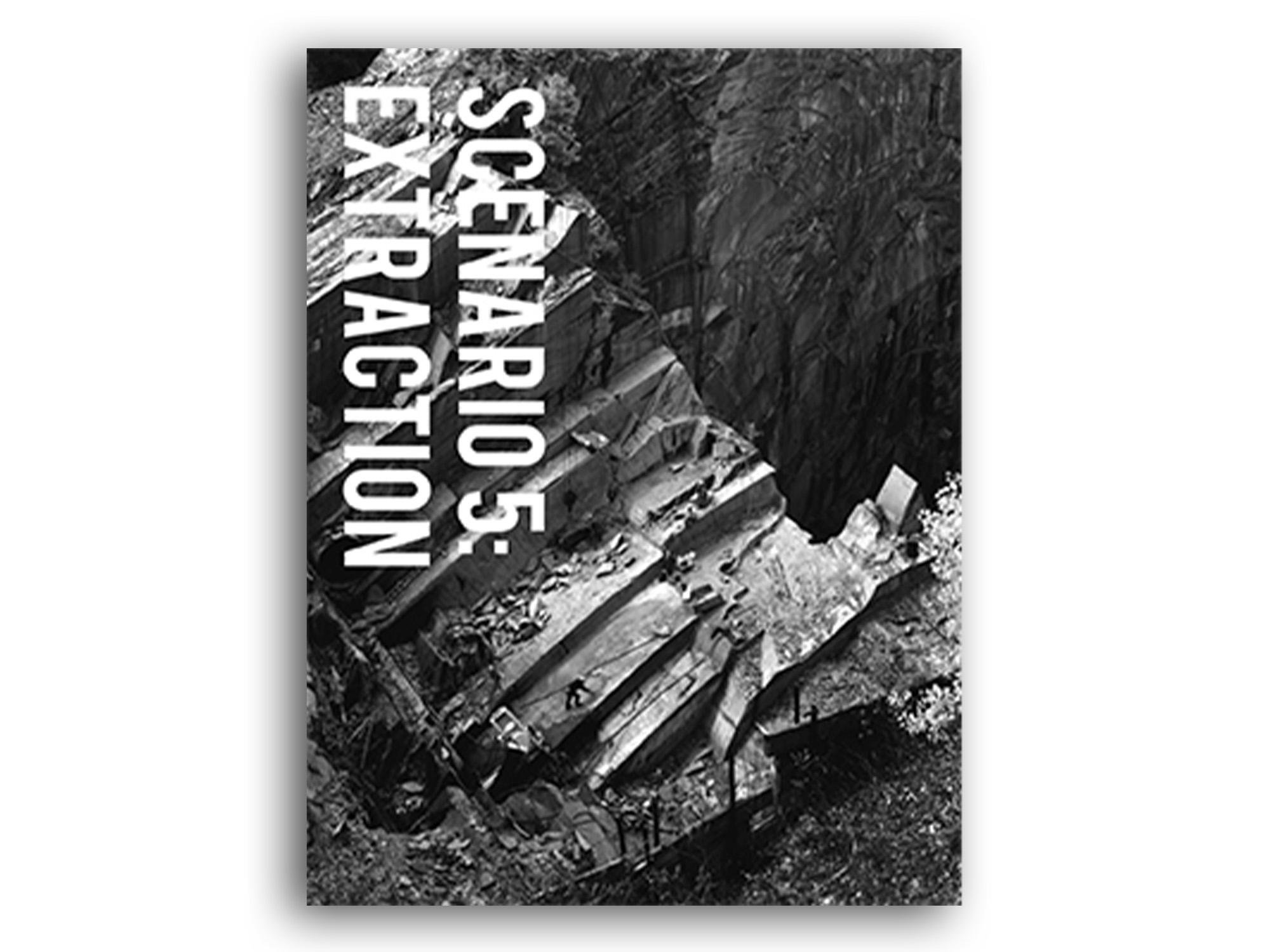Excerpt:
“The simultaneous division and interdependence between “cultures of extraction” and “cultures of consumption” are tied to the structural arrangement of historical capitalism, which required continual expansion both horizontally — across the landscape — and vertically — into the earth, for resources. In time, through continual expansion, regions of consumption and those of extraction were increasingly separated spatially, yet interconnected politically and economically. These forms of expansion were contingent on what Marx has referred to as the “free gifts of nature” — exploiting and commodifying the unpaid work of natural processes over time. More recently, Jason W. Moore has expanded Marx’s notion through his concept of “cheap natures.” Moore’s cheap natures are found where one or more of the “four cheaps” exists — labor, energy, food, or raw material. According to Moore, growth and accumulation in capitalism requires the continual search for the “four cheaps.” It is here that the frontier of capitalism resides, through the commodification of previously untapped natures [3]. While the frontier of capital locates itself in many diverse areas of the planet — from sweatshops in Mexico to coal fields in China — sites of resource extraction are always situated within the frontier.
Within the state, the greatest political, economic, and cultural divide manifests itself between California’s coastline and the inland Central Valley. Coastal California projects an image of scenic landscape, progressive environmental movements, liberal culture, and density, while inland California is characterized by resource harvesting and extraction, their associated infrastructures, and their byproducts. Separated by topography, wealth, race, climate, and pollution, these two Californias are emblematic of the increasing divide between the realities of resource consumption and the exploitation of land and communities to extract these resources.”
